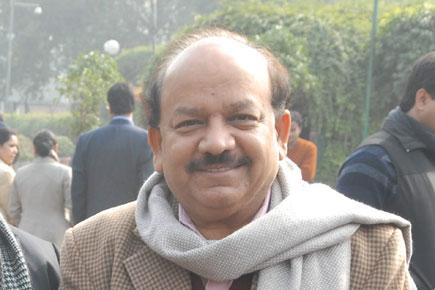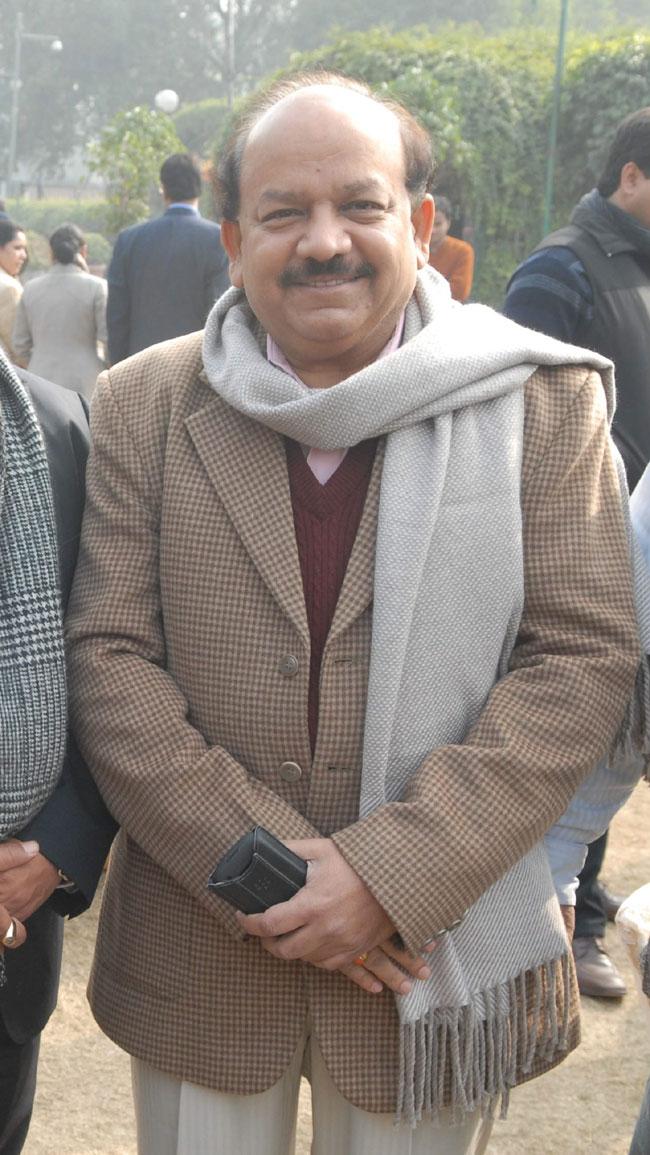A bill to regulate assisted reproduction like surrogacy and in-vitro fertilization (IVF) is likely to be introduced in the winter session of parliament, a senior health ministry official said Monday

Union Health Minister Harsh Vardhan
New Delhi: A bill to regulate assisted reproduction like surrogacy and in-vitro fertilization (IVF) is likely to be introduced in the winter session of parliament, a senior health ministry official said Monday.
ADVERTISEMENT
The Assisted Reproductive Technology (Regulation) Bill, 2013, has been cleared after rounds of discussions with various ministries and other stakeholders and will be presented before the union cabinet soon, Secretary (Health Research) V.M. Katoch said at a national conference which aims to come up with recommendations for a rights based legal framework on surrogacy in India.
 Union Health Minister Harsh Vardhan
Union Health Minister Harsh Vardhan
"After it is cleared by the cabinet, we hope the bill will be introduced in the coming winter session of parliament," he said.
Katoch said Union Health Minister Harsh Vardhan has himself gone through the draft and attended presentations on the bill.
"The bill seeks to address issues like how many pregnancies can be allowed for a surrogate mother, the age of the mother and due compensation to be paid to her," he said adding it will also provide a framework for letting foreigners use Indian surrogate mothers.
"During the period 2008-2013, a lot of debate has taken place on this," he said adding the issues discussed threadbare were compensation, informed consent and health of the women involved.
The secretary said that there is also a punishment framework for violators.
Ranjana Kumari, Director, Centre for Social Research, said: "Surrogate motherhood has grown exponentially in India to become part of a thriving globalized industry. However, it raises difficult ethical, philosophical and social issues".
"Surrogacy essentially changes the unique biological ability of a woman's body to reproduce into a commercial business when a monetary transaction is involved. This is complicated further by the lack of strong legal provisions to safeguard the interest of the surrogate mother, the resultant child or the commissioning parents in India," she said.
 Subscribe today by clicking the link and stay updated with the latest news!" Click here!
Subscribe today by clicking the link and stay updated with the latest news!" Click here!






